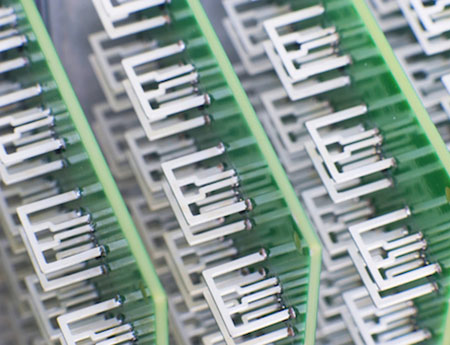Aereo: We're Cable System Subject to Statutory License

The smarter way to stay on top of broadcasting and cable industry. Sign up below
You are now subscribed
Your newsletter sign-up was successful
Aereo may be down — its service remains suspended following its defeat in the Supreme Court — but not out.
The Supreme Court reversed and remanded a Second Circuit Court of Appeals decision denying an injunction sought by broadcasters, which appeared to settle the underlying copyright challenge. But in a joint letter to the New York District Court that has yet to try that case — but also refused to enjoin Aereo — Aereo said that since the Supreme Court had ruled it was essentially a cable system, Aereo was entitled to a compulsory license and was in the process of filing "the necessary statements of account and royalty fees."
In their portion of the letter, broadcasters say they will ask the court to enjoin Aereo from violating their public performance rights. The Supremes found that Aereo's delivery of signals was not remote technological facilitation but a public performance.
The Supremes directed both parties to write a joint letter to the lower court explaining what they thought that court's next steps should be. The District court denied a broadcaster injunction, but was awaiting the Supreme Court decision before proceeding to try the case.
As to Aereo's assertion that it was now a cable system entitled to a Sec. 111 statutory license, broadcasters said that shift in position — Aereo had said as a technological facilitator it was not a distributor subject to that license or its payments — made it almost impossible to instruct the court on the best way to proceed, including recovery of damages and/or fees for the harm done to broadcasting while Aereo was allowed to continue to operate.
The broadcast plaintiffs blamed Aereo's "refusal to clearly specify whether, when and in what fashion it intends to continue operating," and its "shifting and inconsistent positions."
They said that should Aereo permanently pull the plug, a "consensual resolution of the litigation seems more likely."
The smarter way to stay on top of broadcasting and cable industry. Sign up below
Whatever happens, said the broadcasters, if Aereo wants to amend its pleading to assert a compulsory license defense, the injunction should be enforced while it pursues that course. "That is the most important next step, given the Court's ruling that Aereo has been violating plaintiff's exclusive rights to publicly perform their works for over two years, during which time plaintiffs, as this court held, have suffered irreparable harm,” broadcasters said in a statement.
Aereo said that since it is like a cable system and entitled to a statutory license, no injunction should be issued. Aereo also said the injunction broadcasters sought was against playback of consumer recordings any time before a broadcast was complete, but the Supremes said the public performance definition applied to near simultaneous transmissions.
Aereo said if the District Court disagrees that Aereo is entitled to a statutory license, the injunction must extend only to near-simultaneous streaming.
Aereo founder Chet Kanojia reiterated in a note to Aereo supporters that it had only “paused” operations as it mapped out its next step, which it is now doing.
Contributing editor John Eggerton has been an editor and/or writer on media regulation, legislation and policy for over four decades, including covering the FCC, FTC, Congress, the major media trade associations, and the federal courts. In addition to Multichannel News and Broadcasting + Cable, his work has appeared in Radio World, TV Technology, TV Fax, This Week in Consumer Electronics, Variety and the Encyclopedia Britannica.

